As part of the educational activities of the project, we visited elementary school students at Elafiti. We passed on our knowledge and love for the sea to them. We talked to them about climate changes: Do they even know what they are? How can climate changes be seen and felt? And how does the marine environment and the animals, plants and algae that live in it react to them? The students learned about the problem of coral bleaching through a story from the perspective of a coral called Kora, which his algae friends left because they do not like the heat and the “sour” sea. Napuhanko also shared his story of adventures and travels. As a species of fish that loves warm seas, he decided to “push” a little into the Adriatic. We shared many other incidents and stories with students and thus explained the problems such as rising temperatures and sea levels, acidification, more frequent storms and the arrival of thermophilic species that can be only foreign (black-round rabbit – Aplysia dactyomela) but also invasive (clustered kaulerpa). , inflator, dark marble). Also, we tried to demonstrate how all of the above can exert great pressure and stress on the Earth, on all of us, but also all organisms – for which they can get sick easealy and more often- and when they have no way to alleviate “symptoms” and no “cure” they often get “cut down” by diseases – bacteria, viruses, parasites – as well as the noble pen shell, whose mass extinction in the Mediterranean we have already written about.
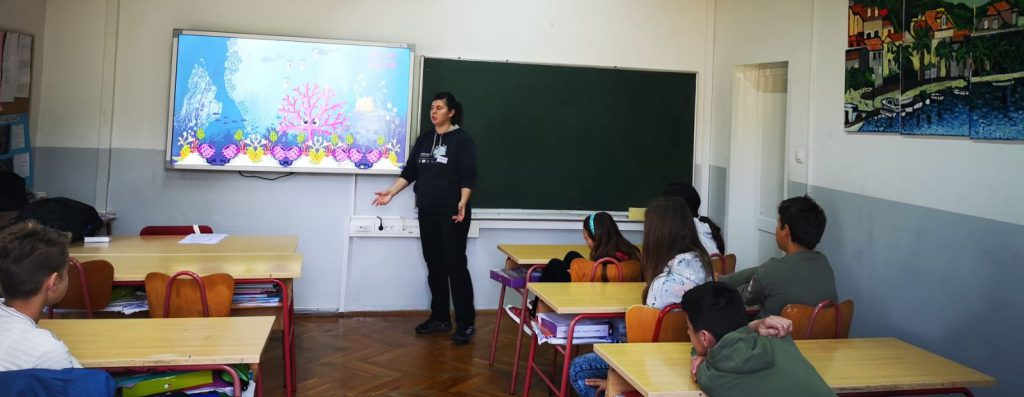
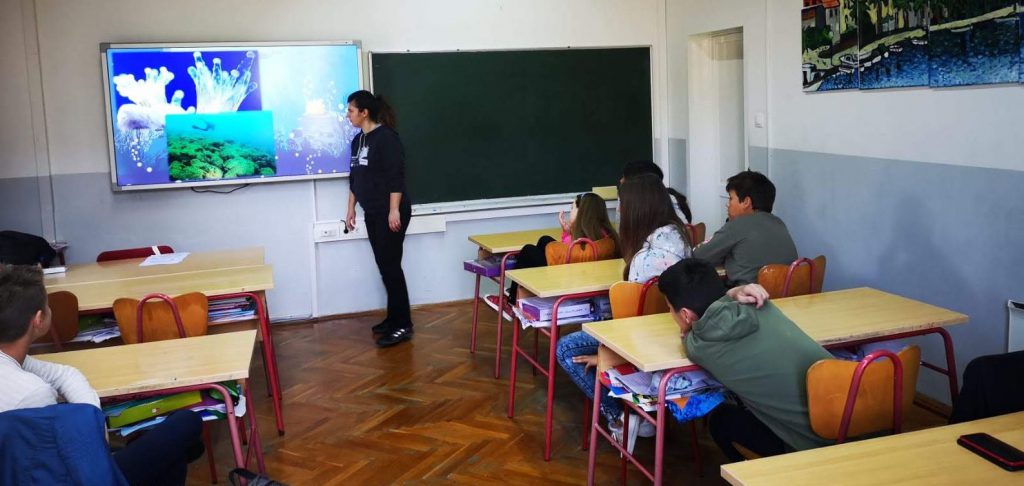
A short lecture was followed by a fun educational game. For students from 1st to 4th grade, the task was creative – to paint the assigned drawing of one of the marine animals, give it a name and think of a way how climate change can (positively and / or negatively) affect that individual animal. While the students of the subject had a knowledge quiz with the same animals, where speed was the key to victory with the correct answer. We have rewarded the best and most creative!
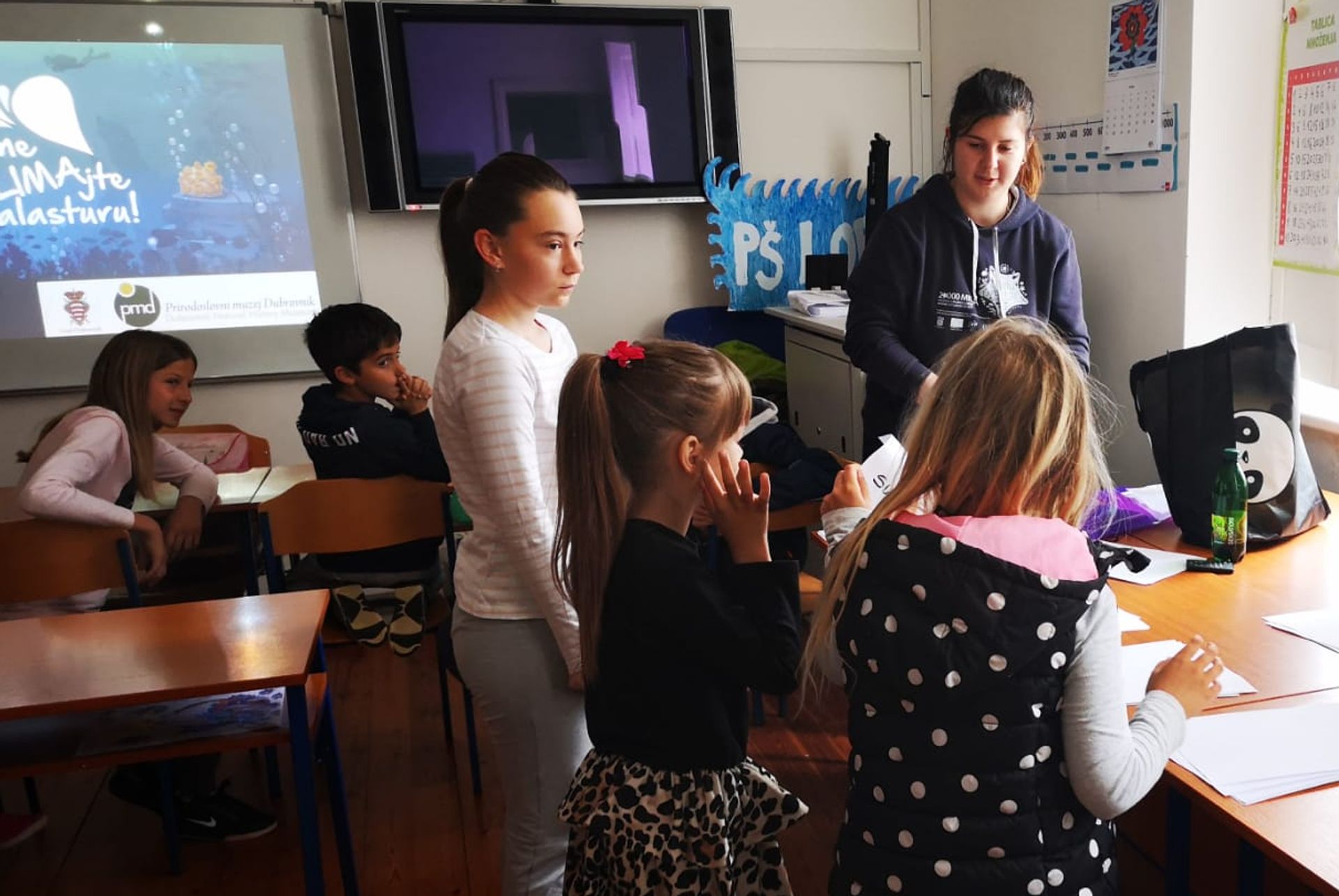
Then everyone learned first hand what the “sea explorers” were doing? They were introduced to our ship Blue, and the equipment we use while exploring Posidonia, sea urchins, trout, noble pen shell, etc. They also saw what diving equipment looks like and experienced what it is like to breathe through a regulator. At the end of it all, they managed to take a brief look at our small “submarine” – ROV (Remotely Operated Vehicle), which we have been using for our research since this year.
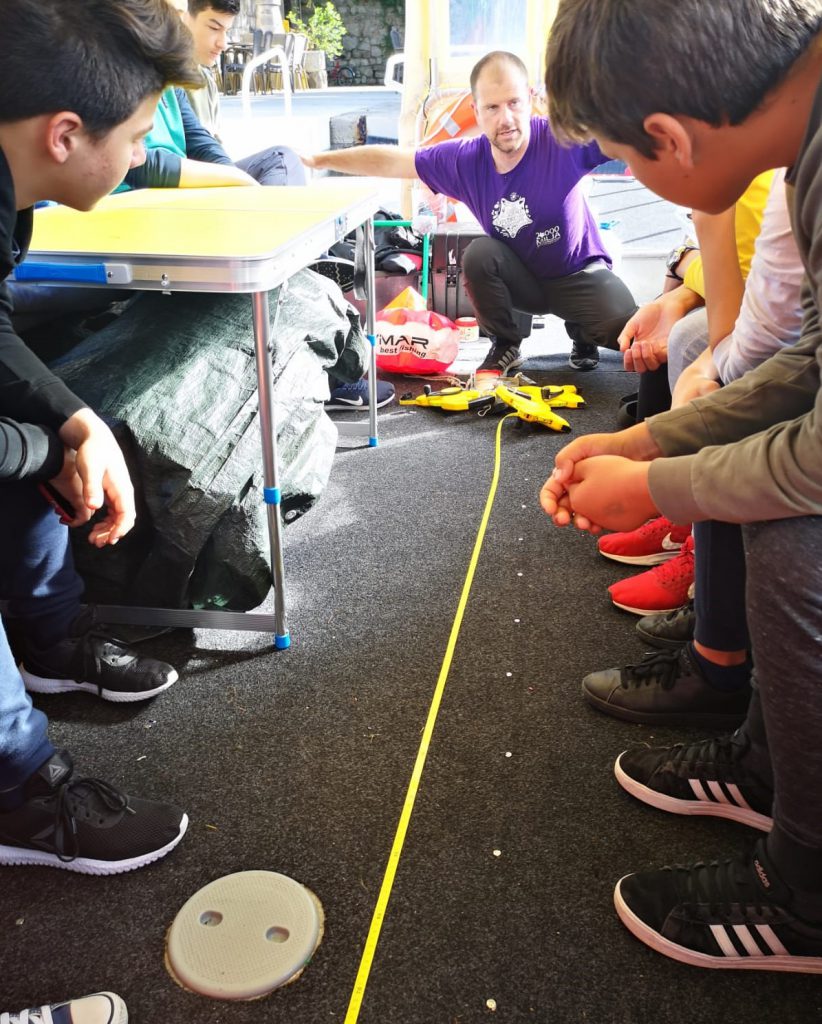
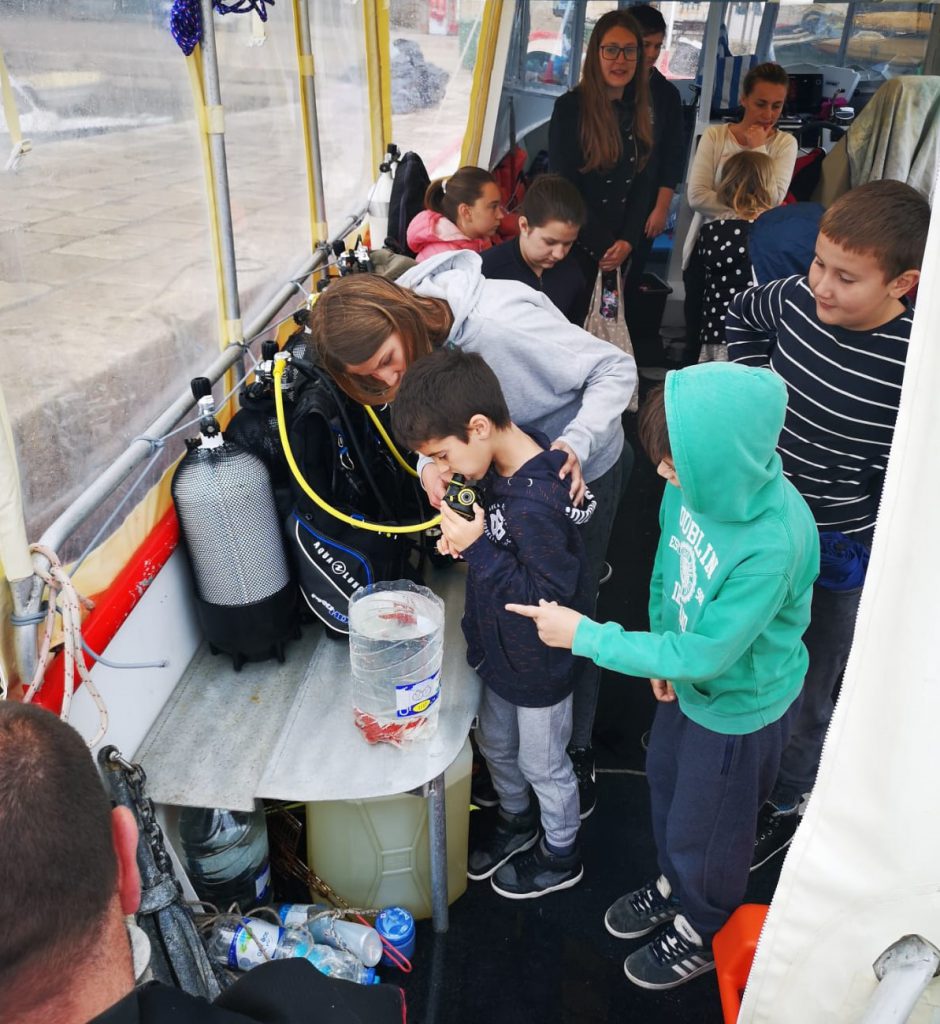
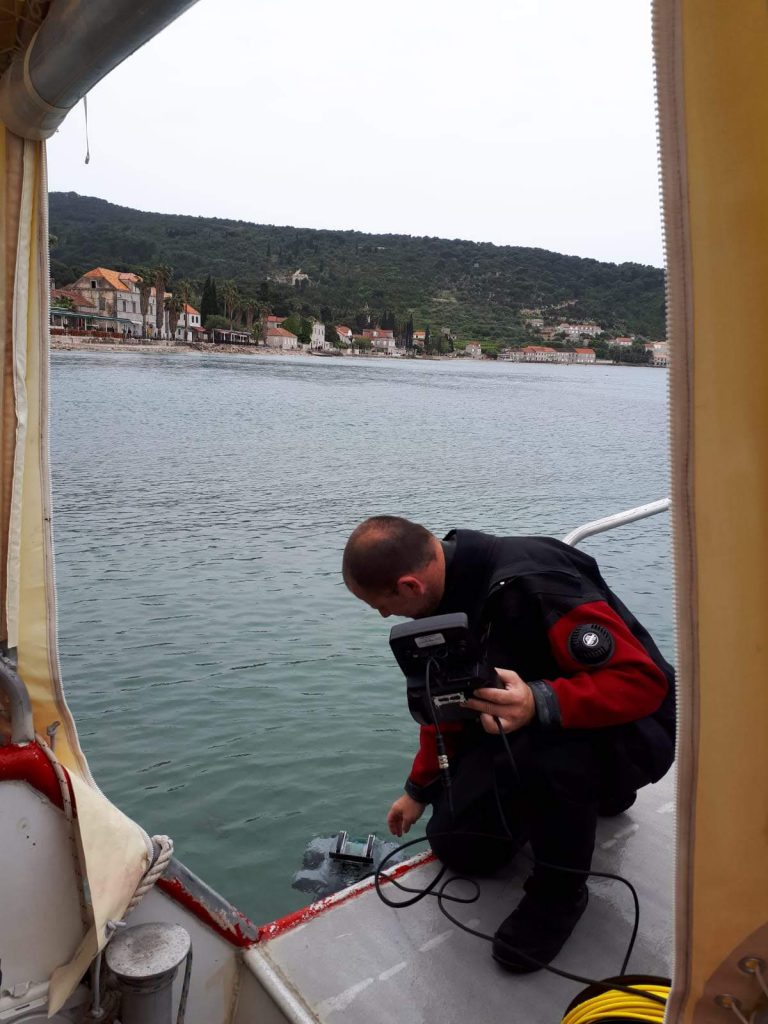
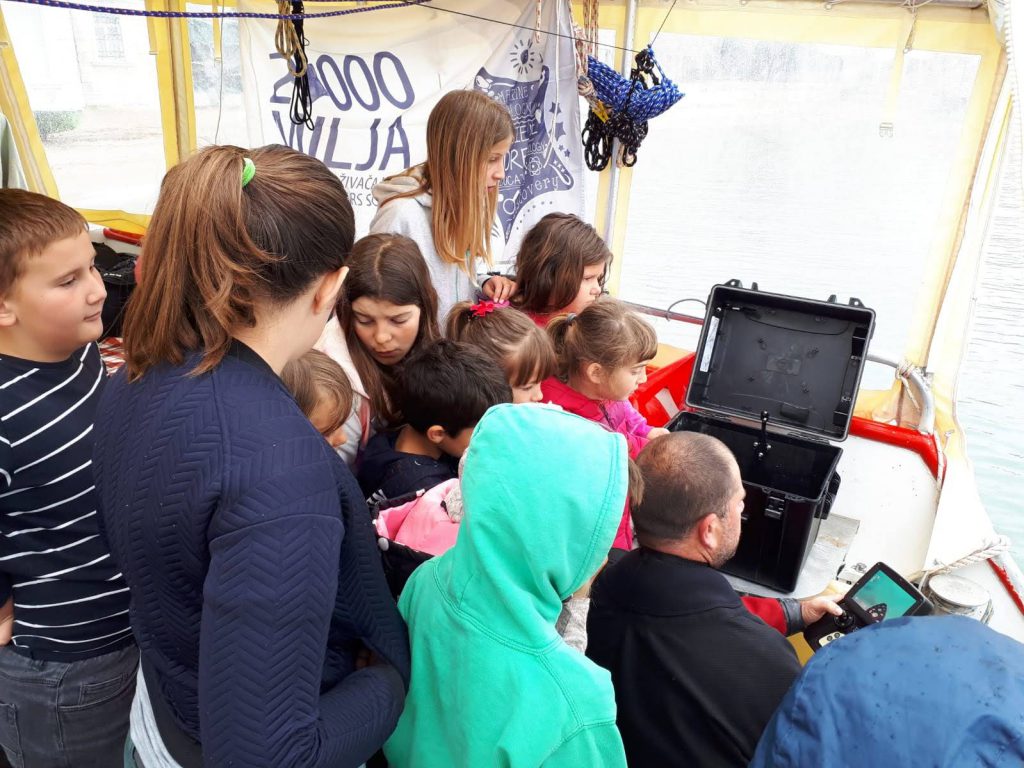
As part of these activities, we visited the Lopud Regional School on May 9, where we were greeted by 13 students very eager for new knowledge about the sea, and also the Šipan Regional School on May 10, where we were greeted by 23 students in Šipan port, who attend school in Suđurađ Regional Department and Šipan port Regional Department. We thank all the teachers and professors, as well as the students, for their hospitality and we will definitely return to Elafiti.
In addition to educational workshops for the youngest, we conducted a short survey for islanders in May – for the needs of which we threw ourselves into the search for the inhabitants of Elafiti who would participate in a short survey. Through it, they would point out to us how much they actually know about climate changes? Do they see them and notice them in everyday life? And how important are they in the life of the average islander? About 50 participants voluntarily participated in the survey, from the island of Koločep (Kalamota) in the settlement of Donje Čelo, the island of Lopud in the settlement of Lopud, and Šipana in the settlement of Šipan port. We thank all the participants, and their contribution to this project is extremely significant, and the information gathered in this way is very useful for other project activities.
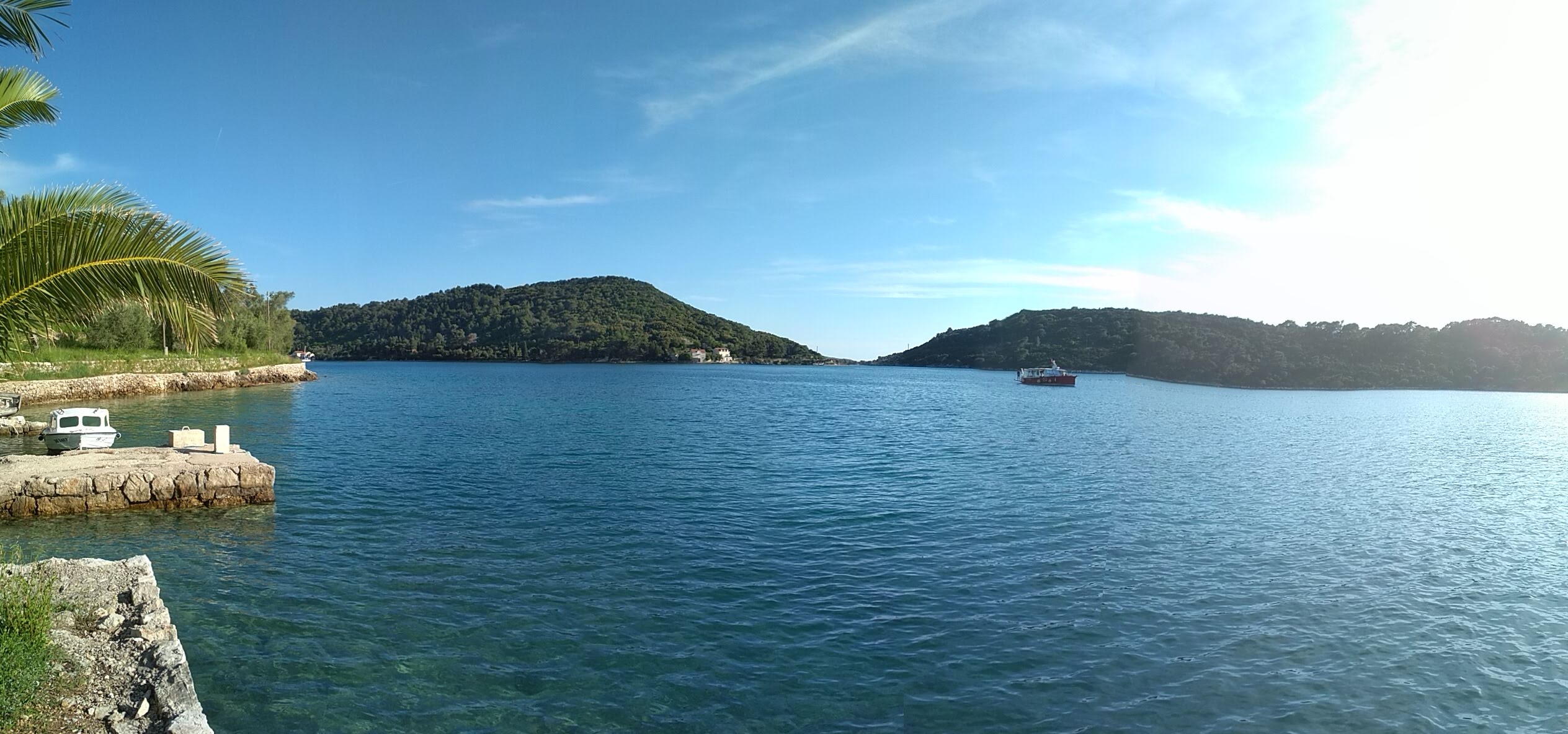
As part of the project, we also conducted research on noble pen shell on Elafiti. In known areas of the noble pen shell populations and in potential areas (bays and harbors), we conducted a visual inspection and mapping in mid-May. On the islands of Koločep (Kalamota), Lopud, Jakljan and Šipan, we carried out these activities in 11 bays. The most significant and densest populations (more than 30 pieces per 100m2) were recorded in the bay of Donje Čelo on the island of Koločep, and the bay of Suđurađ and the bay of Luka on the island of Šipan.
During this research, we were the first to record the event of the mass death of the noble pen shell in the Adriatic and we asked ourselves: are we losing the last oasis of this species? Extinction of this species has been threatening since 2016, this one of the most striking species of the Mediterranean, the noble pen shell (Pinna nobilis), and we recorded the first event of mass death just then.
Unfortunately, a high mortality rate of between 64 and 74% was recorded in all three bays. In other studied areas, population density was very low. More than 650 individuals were recorded in these three bays, of which about 450 were dead.
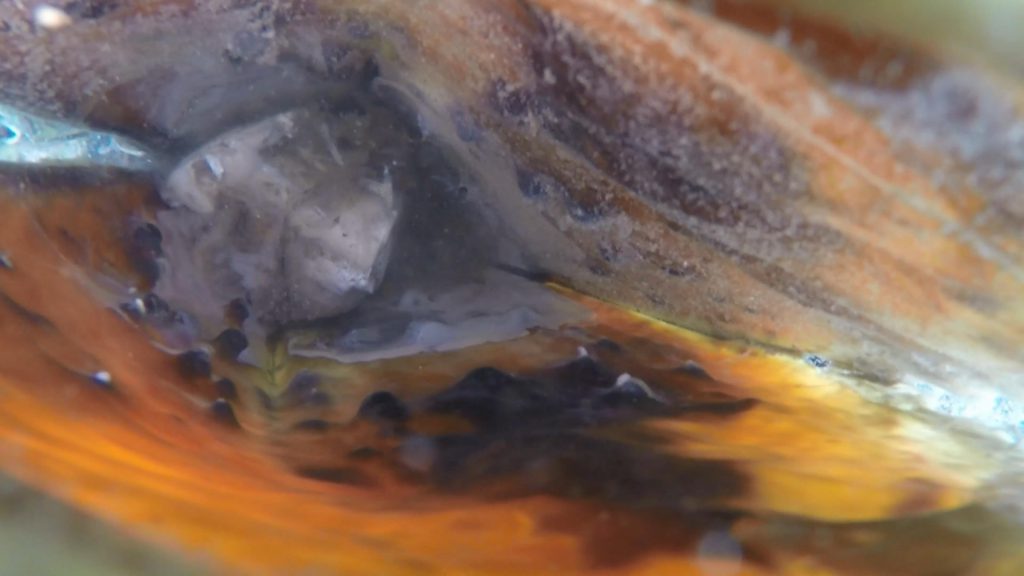
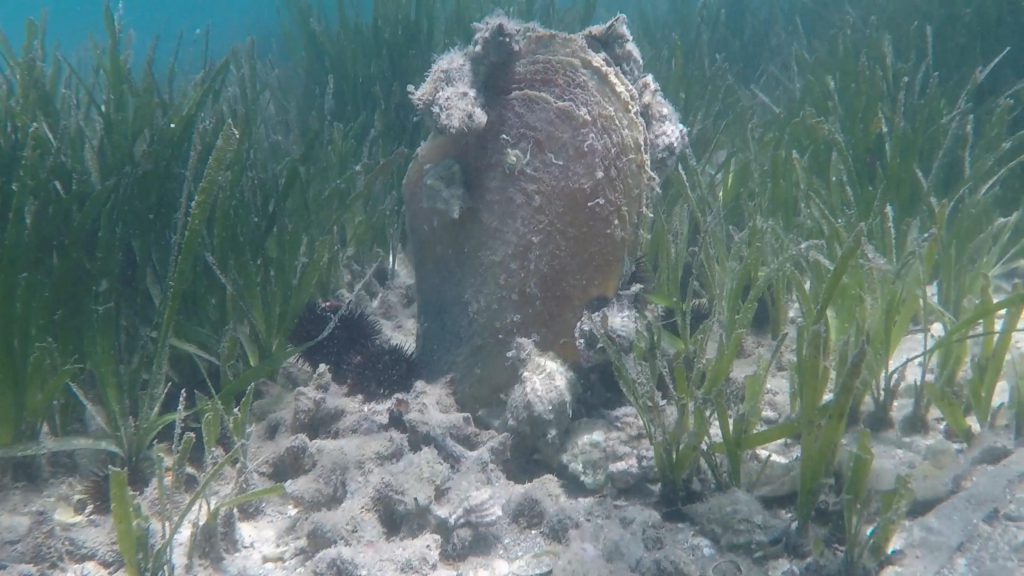
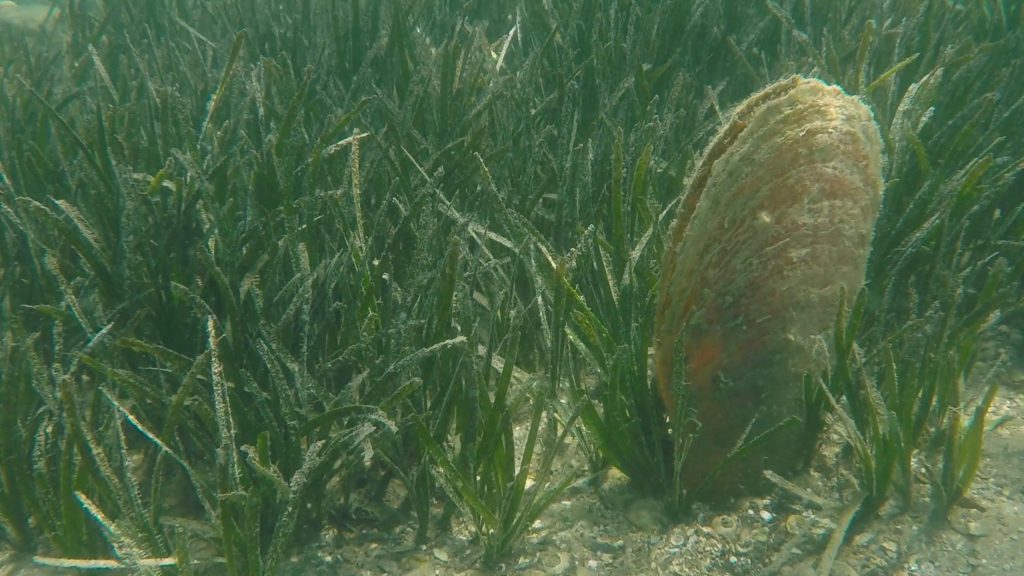
This project made this very valuable research possible. Immediately after recording this phenomenon of mass death, the competent services of the Ministries (Ministry of Environmental Protection and Energy and Ministry of Agriculture) were notified. Possible causes of this mass death, according to the experience of other experts from the Mediterranean, are the infection with the parasite Haplosporidium pinnae and / or the occurrence of a bacterial infection with a bacterium of the genus Mycobacterium, have also been confirmed by this study on exceptional individuals. The analysis of noble pen shell tissue from Elafiti was performed in collaboration with the University of Zagreb and experts from Spain who described the primary parasite Haplosporidium pinnae. Data from this study were shared with the scientific community and the position was included in IUCN reports.
We went to Dubrovnik and in cooperation with our project partners, the Natural History Museum of Dubrovnik conducted two educational workshops for high school students (Gymnasium Dubrovnik) on climate change and changes in the sea during which students independently performed accelerated acidification experiments and compared the consequences which different levels of acidity have on organisms and their shells. We also showed students in a demonstration experiment the importance and significance of the efforts that are being made and should be made even more strongly to mitigate climate change – sea currents affect everyone, and their weakening is evident, and the consequences of their slowdown can be catastrophic.
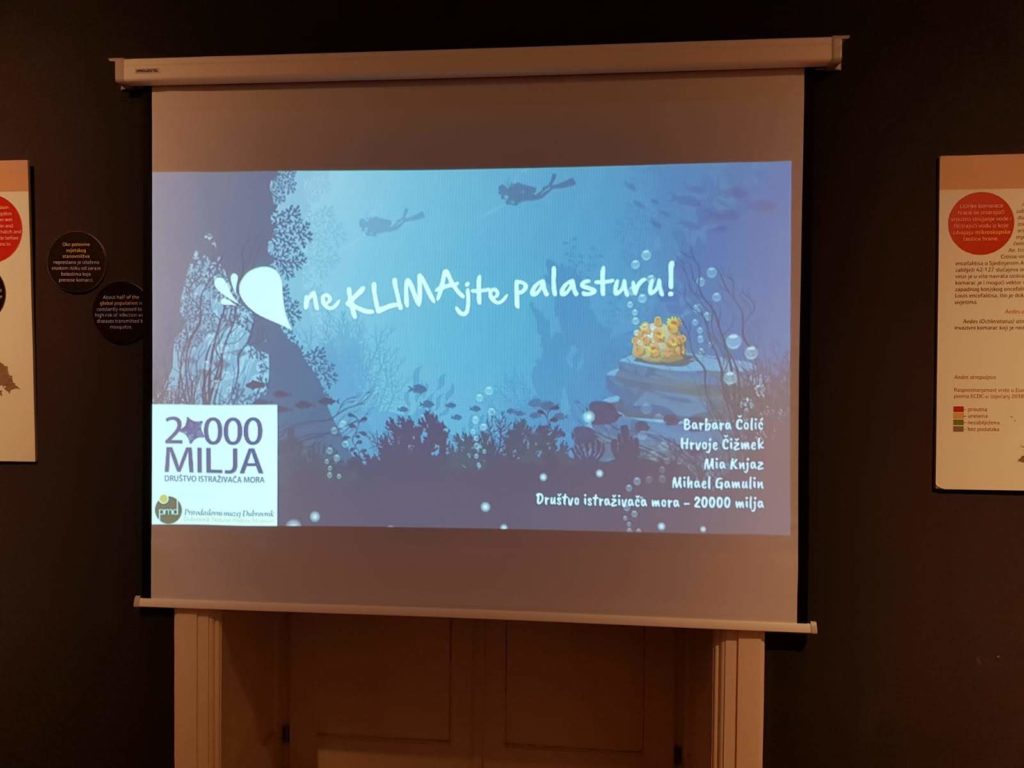
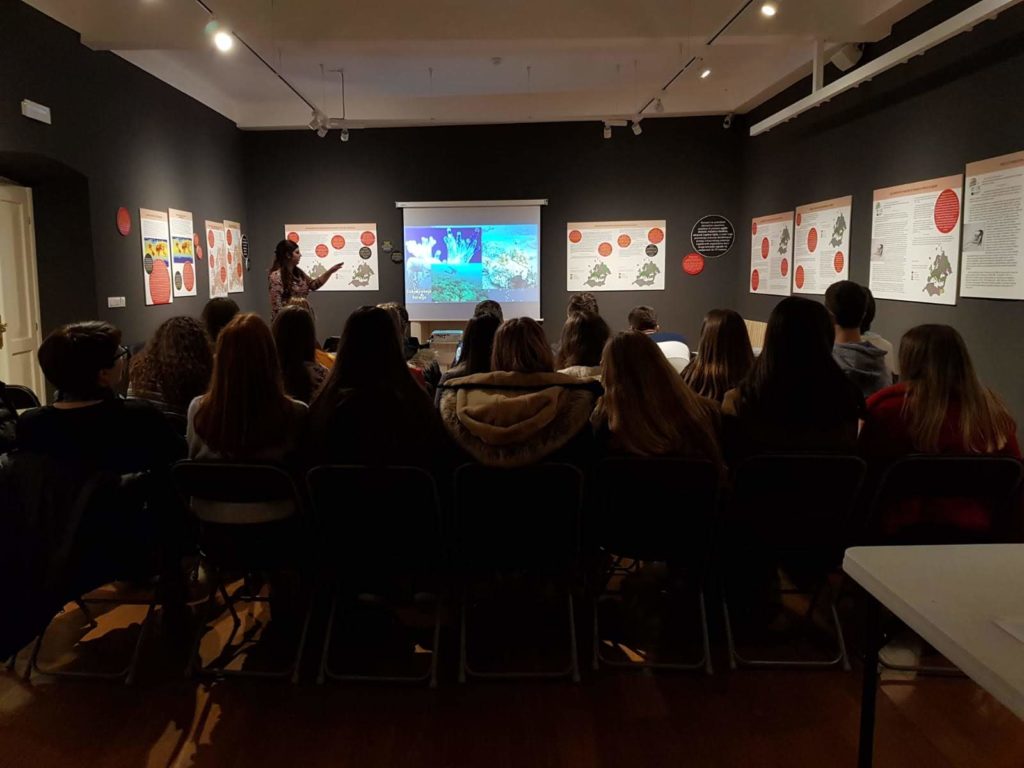
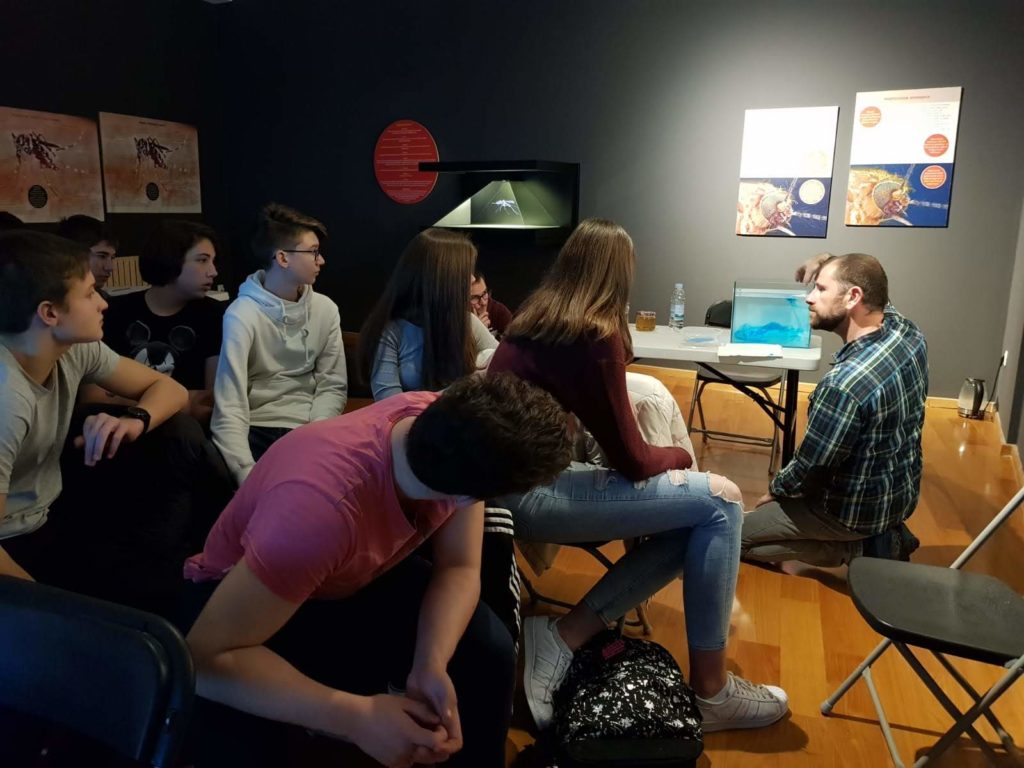
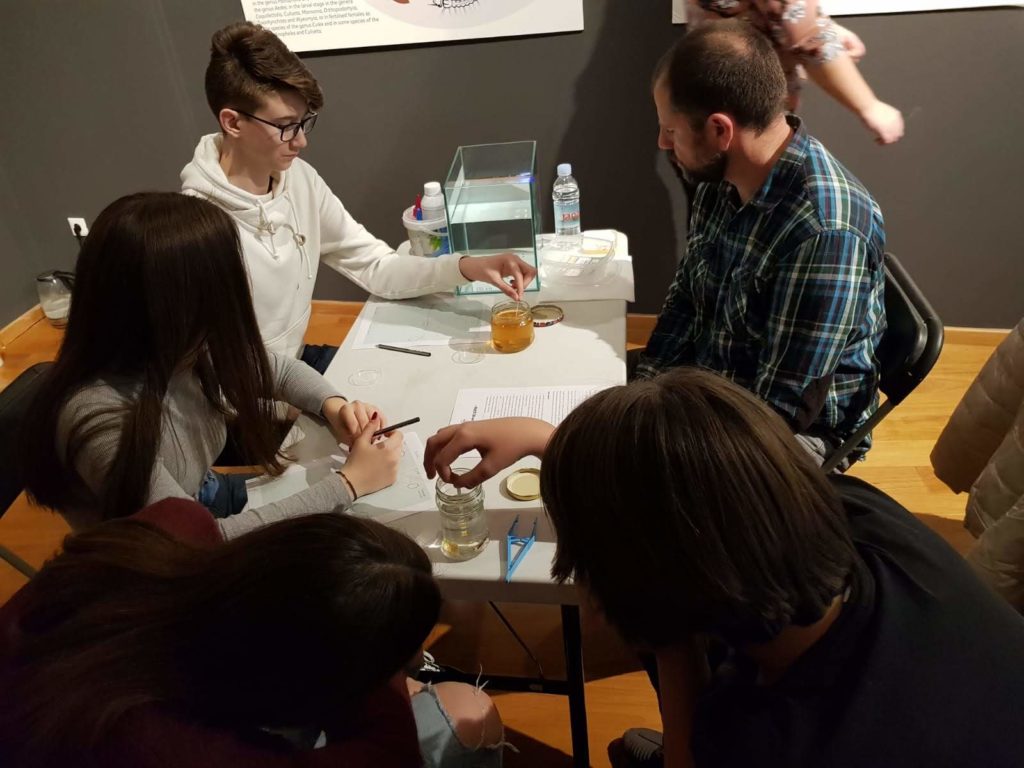
Afterwards, we held a lecture on the topic of the death of the noble pen shell in the premises of the Museum for the Public. There is a lot of information, and even more is unknown – we enjoyed the interaction with citizens, scientists, divers that followed the formal part of the lecture. Certainly we all agree that there is much more we can do to mitigate climate change as well as other harmful impacts that upset the balance of our lives just as much as they upset the balance of the marine ecosystem.
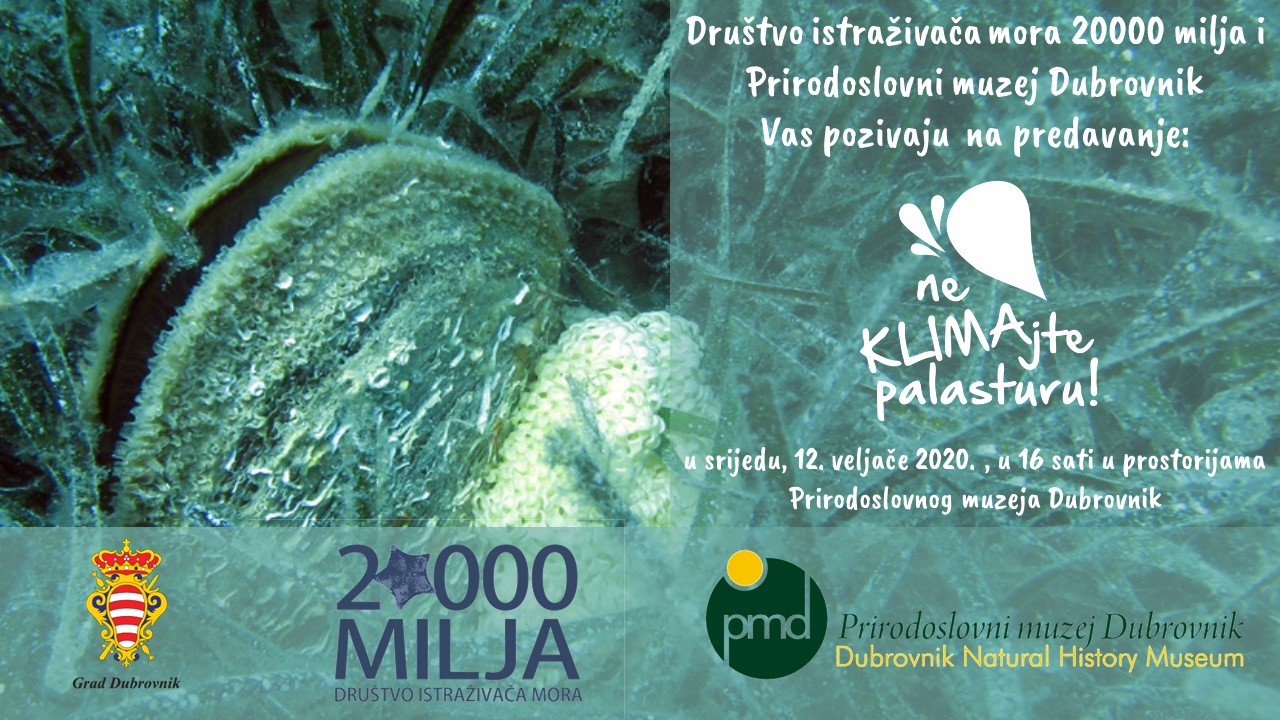
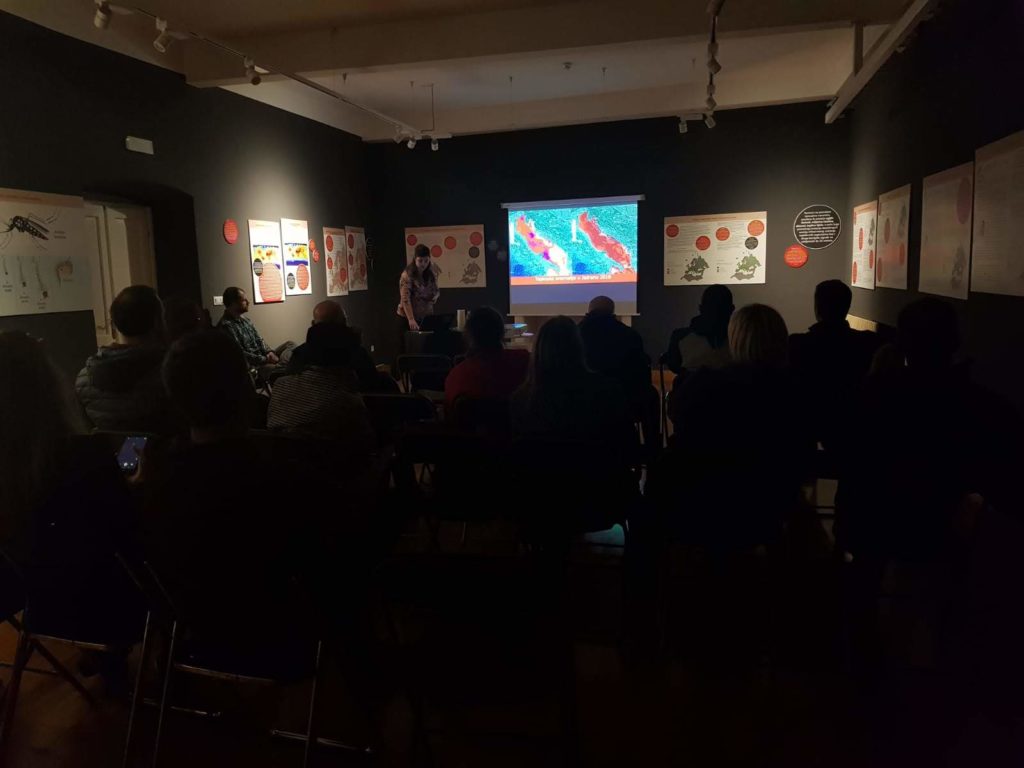
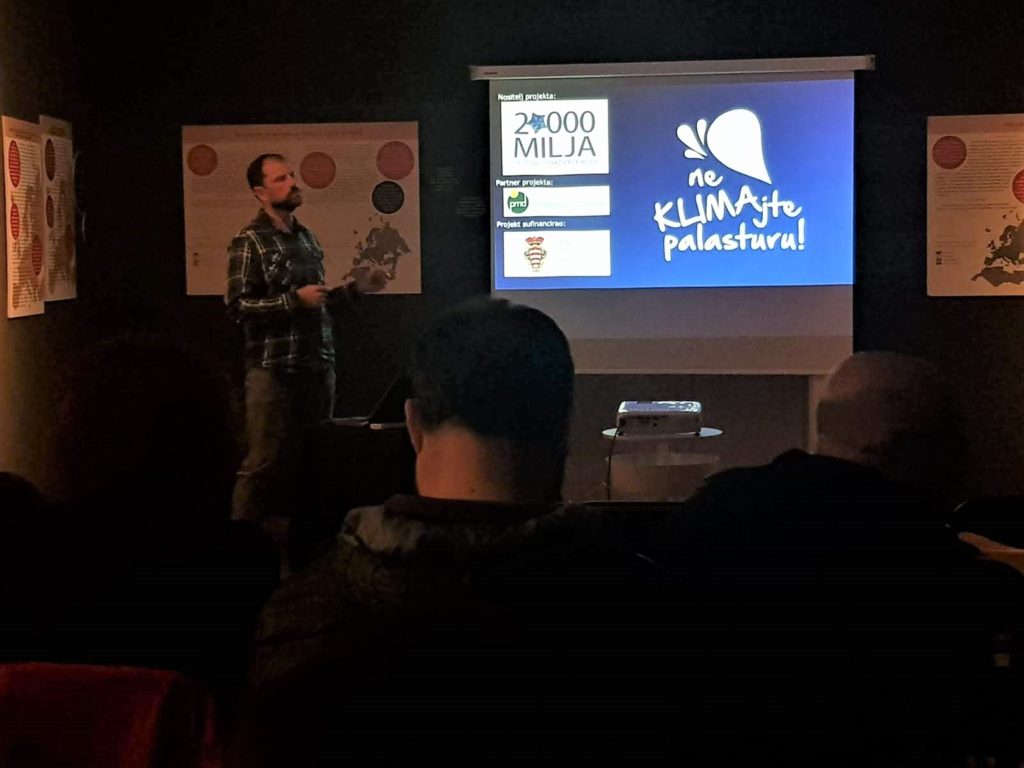
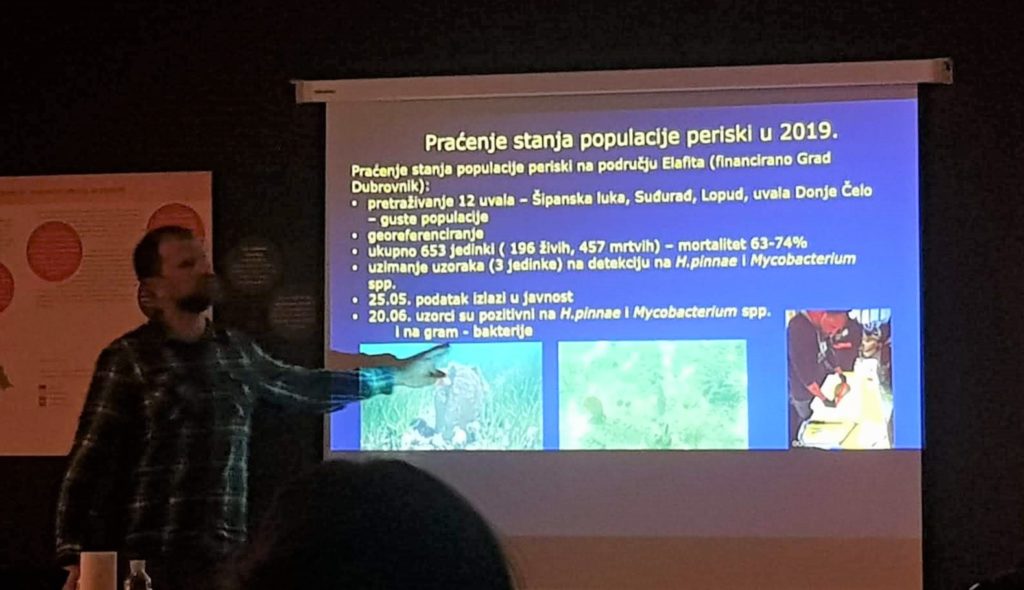

The project was implemented in partnership with the Natural History Museum of Dubrovnik with the financial support of the City of Dubrovnik.
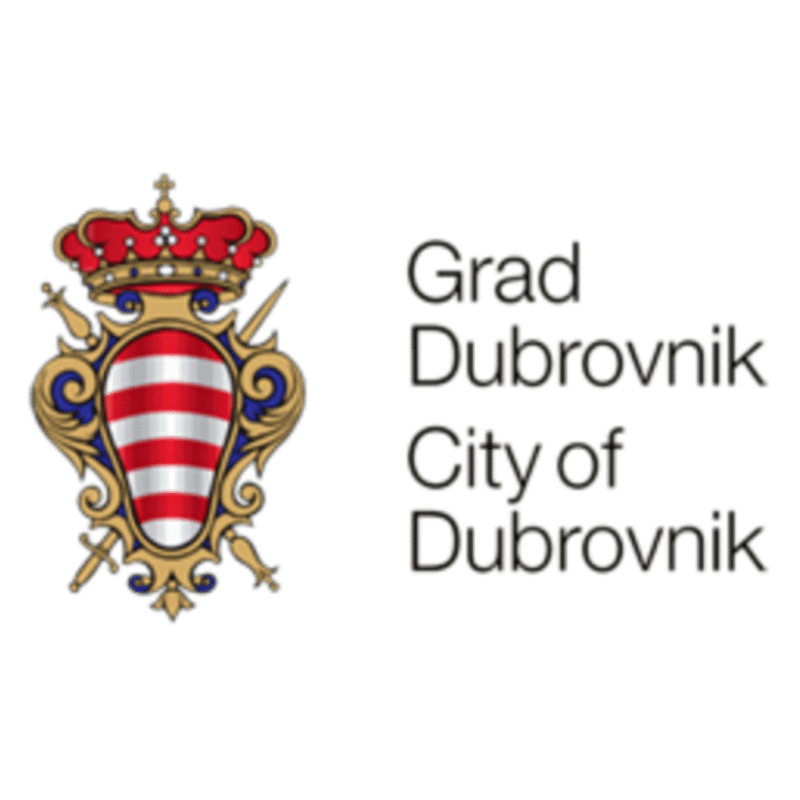
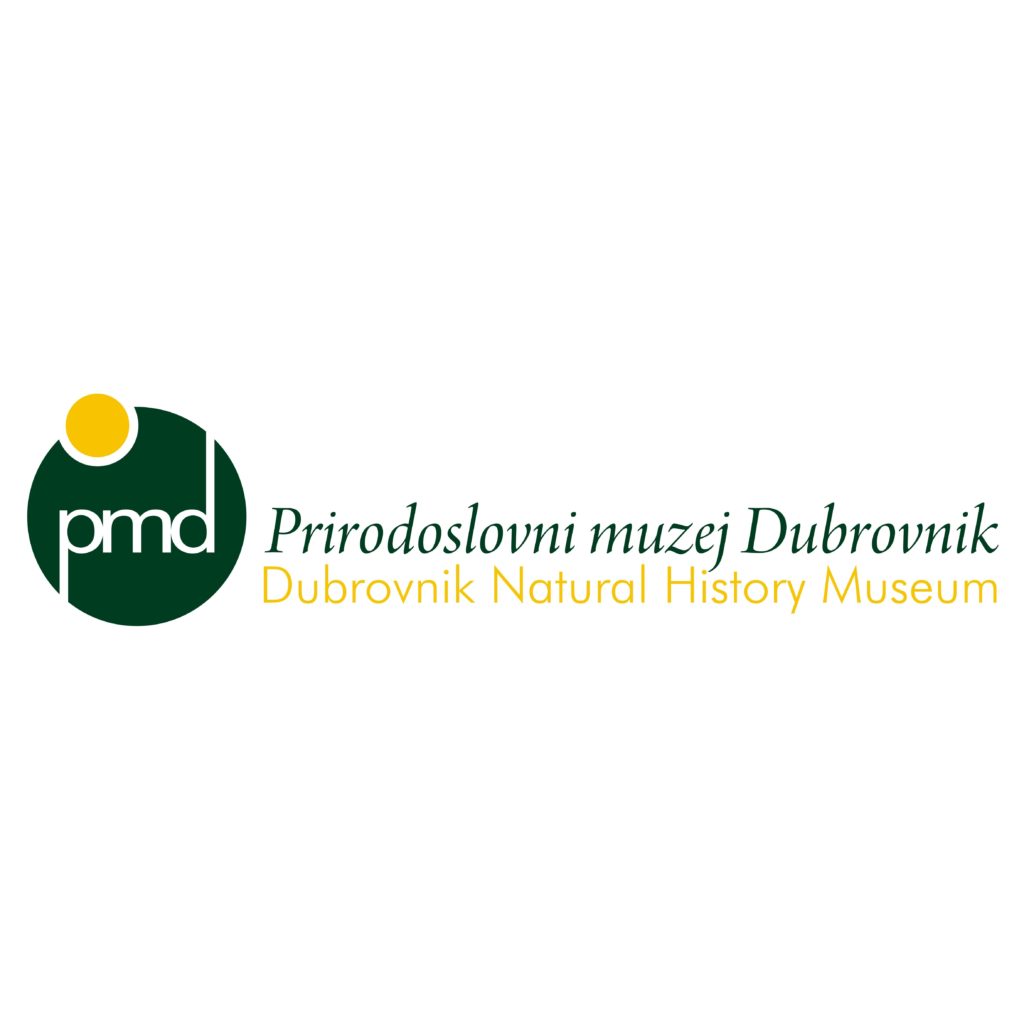
2025 © Marine Explorers Society 20.000 leagues. ALL Rights Reserved.
